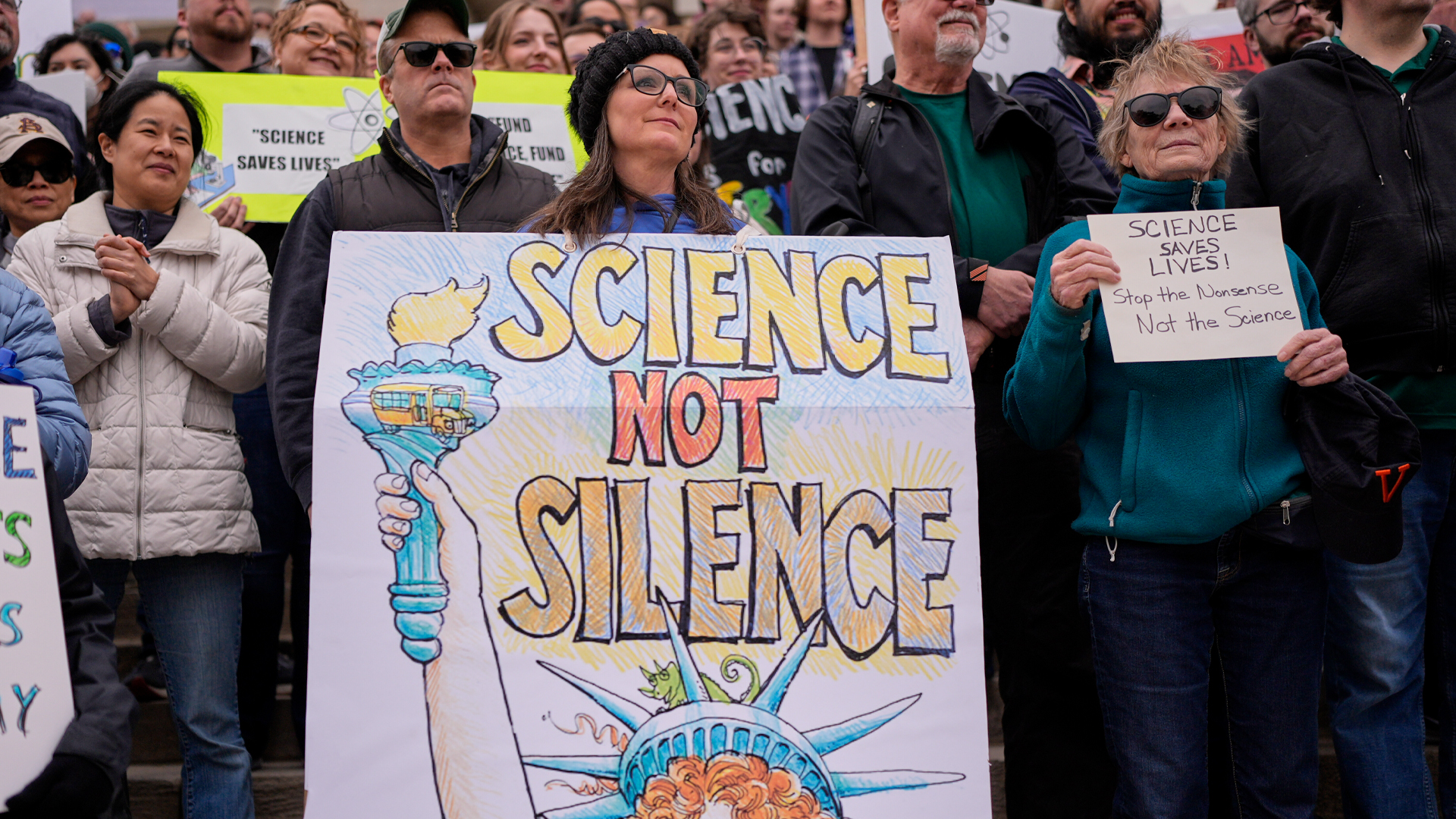
Forget what you have heard about a post-fact world.
Facts have always been manipulated, altered and smothered. And fact-checkers, journalists, artists and others strive to find the truth.
Part of what is so different today is the way misinformation spreads. Virally. Videos and images easily doctored, in content or captions, so, for example, a drunk Russian assaulting a doctor in Novgorod might be described online as an immigrant turning violent in your country.
Misinformation travels faster than corrected content, including fact checks. We know this intuitively, and from a study by Craig Silverman, now media editor with Buzzfeed, who found that online news hoaxes in particular are engineered to spread.
The new misinformation environment has altered the traditional ways to counter it. Fact-checkers are coming up with new methods, and they profiled some innovations at a gathering earlier this month in Madrid of the International Fact-Checking Network whose ranks are growing. Why? The public demand for fact-checking is partly evident in the will to pay for it: This year, under a president who sensationally misinforms, Americans paid over $207,000 for membership with PolitiFact, reported Aaron Sharockman, executive director of the fact-checker.
There are now more than 120 fact-checking outlets across the world, spanning from Spain’s El Objetivo to Iran’s Fact-Nameh to Israel’s The Whistle (launching later in July) and Canada’s FactsCan. Here are some highlights of their work.
Pooled fact-checking
Leading up to the French election and a rising Marine Le Pen, French media outlets pooled their resources to fact-check together. Why should 17 outlets track — and possibly miss — the same stories? They created Cross Check, a site to publish their collective work, with a splash of logos on the side of each article showing who verified the piece. This allowed Libération to catch fake stories, and Le Monde to verify them too.
The verdict of some of those involved is that it worked. Readers likely got more coverage, and seeing the stamp of multiple, competing news outlets on the same information may have increased trust in the story.
The same approach launched in Norway this month. Norwegians will elect a new parliament in September, and they will have Faktisk (meaning “actually” or “factually”) to help them make an informed choice. It’s a fact-checking website jointly created and funded by Norway’s largest online news outlets and the public broadcaster NRK.
Wondering whether Canadian media could do the same? You’re not alone. A fact-checker from Japan, listening to the Faktisk story at the conference in Madrid, was the first to question how it made sense to any of the partners. Ask the Japanese press to pool their stories? No way, he said. But maybe that will change once a few successful models — and their wisdom — accumulate. Helje Solberg, CEO and chairwoman of Faktisk said her fellow journalists are no longer the competition — rather, the Norwegian press corps is up against Google and Facebook.
Automated fact-checking
When Bill Adair, the founder of PolitiFact, told a team of developers that fact-checkers need interns, they created ClaimBuster. It’s designed to filter the gold from large muddy bowlfuls of political speak like debate transcripts. Factual statements score closer to 1, and downwards to 0 the less check-worthy. I fed ClaimBuster quotes by Justin Trudeau from a press release on his July visit to the United Kingdom and Ireland, and it returned a score of 0.4 (the Queen “has stood with Canada in key moments of our history, and has always shown tremendous dedication to our country and its people.”) The algorithm helped reveal content that is light on facts and evidence, like a sunbeam on fluff.
Another tool under development by Full Fact in the UK works in real-time to recognize a claim, source a structured database, and produce an analysis. It’s possible to verify politicians’ statements, says their team, but not easy, considering the nuanced way politicians can present facts and the layered measurement that is required for issues like poverty or household debt. Its intended end users are journalists, who can use it to instantaneously make better judgements before reporting a story.
On the readers’ end, Google and Facebook are experimenting, cautiously, with automated accuracy. Facebook has a pop-up lesson on spotting misinformation. Google elevates in search results fact-checks by verified fact-checkers that use its ClaimReview schema. There are other experiments by both companies, but there are not yet any public results.
Issues fact-checking
Finally, what if we centred fact checks on issues, not politicians?
Consider the back and forth between the Liberals and the Conservatives on the payout to Omar Khadr. If you’re a Liberal, you might read a fact-check on Justin Trudeau, or you might skip it entirely. We tend to skip what proves us wrong and seek what proves us right. But if a fact-check gave less prominence to the speaker — Trudeau, or Conservative Leader Andrew Scheer — and focused instead on an issue, you and those across the aisle might read the same article.
Argentina’s Chequeado piloted this approach and found its “explainers” get higher readership than traditional checks attributed to a politician. Full Fact has long structured its articles on issues.
Research from controlled studies shows that even when we’re equipped with facts, we don’t tend to change views on favourite politicians. Which sounds like defeat. But it’s actually a good reminder that fact-checkers are not here to change ideology, we’re here to elevate debate. Fact-checking is not about political persuasion. It’s about making sure we don’t speak past each other with alternative versions of facts. It’s the choices that flow from evidence that should matter.
We can accept, for example, that Omar Khadr was a minor at the time he participated in battle, and that the Canadian Supreme Court ruled his rights were violated in detention. We can accept this and still dispute the sum and substance of the recent payout of $10.5 million.
The potential of issues-based fact-checking is getting us all to the same base and debating from there. Common facts, alternative choices.
Photo: Shutterstock/Lightspring
Do you have something to say about the article you just read? Be part of the Policy Options discussion, and send in your own submission. Here is a link on how to do it. | Souhaitez-vous réagir à cet article ? Joignez-vous aux débats d’Options politiques et soumettez-nous votre texte en suivant ces directives.







